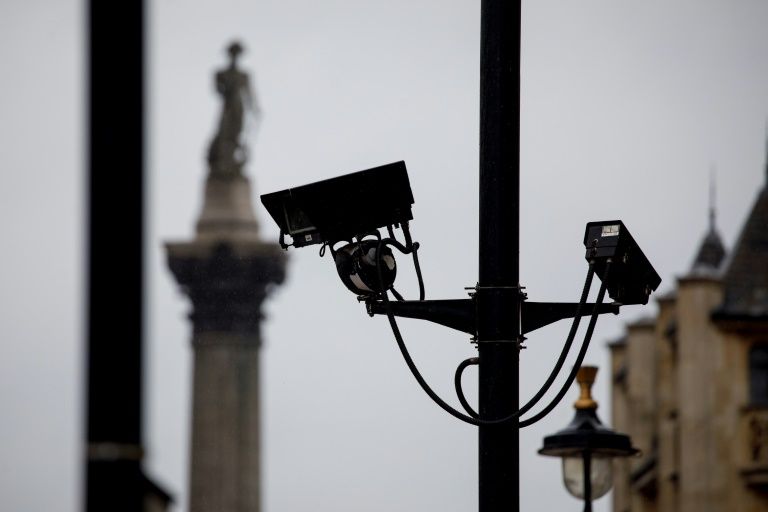
Amid fears of a Big Brother-style society ruled by machines, the EU will urge authorities and companies to think hard before rolling out facial recognition technology.
But the bloc, which will make a much-anticipated announcement this week on the role of artificial intelligence (AI), will stop short of imposing an outright ban, a top official said.
On Wednesday, the European Commission will set the stage for European rules on the subject with innovation in the growing sector so far dominated by the US and China.
The commission, the EU's powerful regulator, is eager to answer the worries of European citizens about the rising importance of AI in their lives, amid reports from China of facial-recognition technology used to crack down on dissent.
"I find it truly really scary what I saw in Hong Kong," said the EU Commission's executive vice president on digital policy, Margrethe Vestager, who will spearhead the policy.
During a wave of anti-Beijing protests, she said, "People could get a message on the phone: 'We know you're there, maybe you should go home'. Not really supportive of the freedom to assemble, or to express yourself."
But instead of an outright ban or moratorium, which would require member state backing, Vestager told reporters in Brussels she would recommend that authorities and companies use caution.
"What we will say in the paper in a very lawyered up language is, let's pause and figure out if there are any... circumstances where facial recognition remotely should be authorised," she told reporters.
"Because if we do not pause, then it will... just be everywhere," she warned comparing it to the sudden rise of CCTV security in city centres.
Describing the spread of cameras, she said: "First you put up one, but then it has a blind angle and then you put up the other one... All of a sudden you have cameras everywhere."
Caution is also needed because the uses of facial recognition are wide-ranging -- from unlocking smartphones to capturing criminals -- and often inaccurate and in need of development.
- 'For real' -
The former Danish finance minister, who is also in charge of enforcing EU competition rules, underlined that AI was a vast subject and that any regulation should be mindful of not punishing smaller innovators, which would only benefit major players.
Big tech firms familiar to everyday users -- such as Facebook or Tencent -- are mainly from the United States or China. Europe meanwhile is seen as a leader on regulation, notably with rules on data privacy that have been widely replicated elsewhere.
But with AI, Vestager said Europe wanted to be a player and not just a sheriff.
And if Europe is to develop tech giants, it will probably be in business services and network infrastructure, and not mass market sites or social media.
"If you want to have a say about things that we consider risky then you should be able to do it yourself," she said.
Europe wants to be "sovereign" on AI and protect "the integrity of our grids, of our infrastructure of our research," she said.
But this was not against anyone, she insisted, amid talk of a high tech cold war between the US and China with Europe caught in the middle.
"It's about us, what we would like to be able to do."
Other proposals on Wednesday will include a push to make data centres more energy-efficient and be carbon neutral by 2030.
The EU will also offer a voluntary labelling scheme for companies that abide by EU rules and values on AI.
"We don't want to regulate anything that starts with A and ends with an I. That doesn't make any sense," Vestager said. "But where there is risk, it will be for real."afp



































